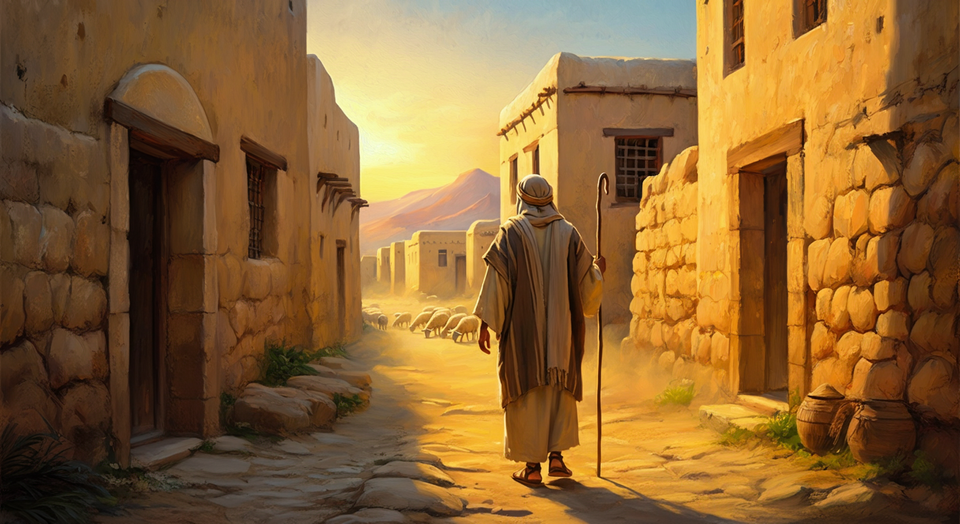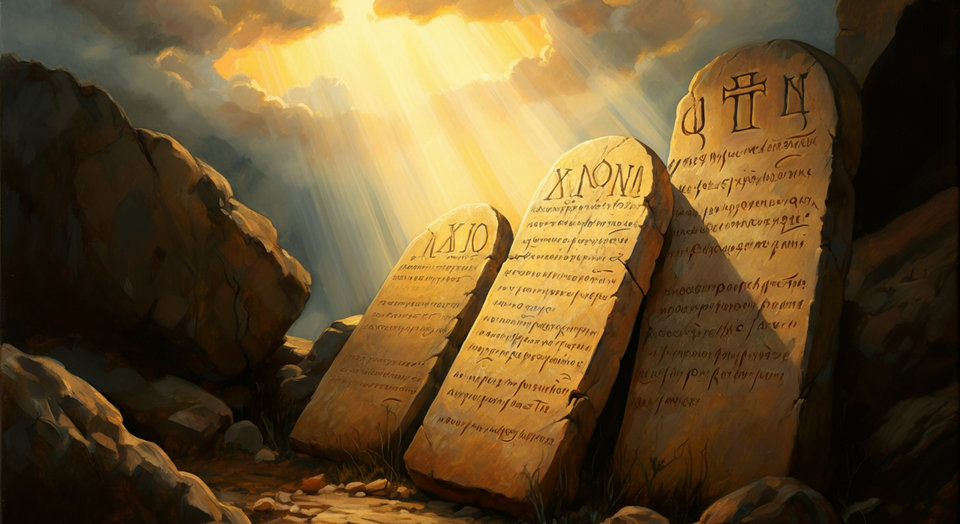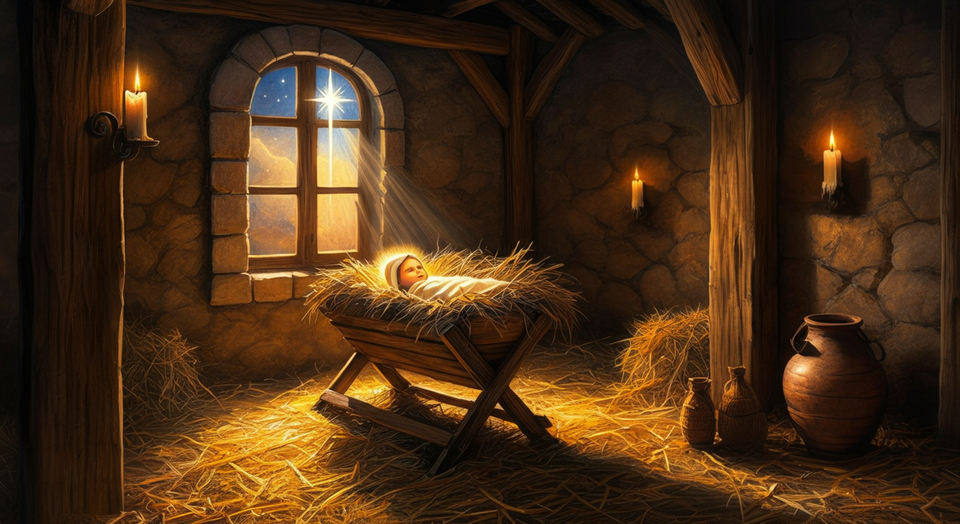Numbers 5 talks about the woman's unreasonableness. Why did God make this discriminatory statement?

Question
Numbers 5 talks about the woman's unreasonableness, and we wonder why God made such a discriminatory statement.
AI
1. Numbers 5, what is it about?
In Numbers 5:11-31, you'll find the so-called “test of doubt” or “test of bitter water”. To summarize, it goes like this
1. A man suspects that his wife has committed adultery (or hears rumors that she has had an affair).
2. In the absence of clear evidence, the husband goes with his wife to the priest.
3. The priest performs a special ritual to make bitter water and gives it to his wife to drink.
4. If your wife has indeed committed adultery, she will show signs such as a bloated stomach or dry thighs after drinking water.
5. Conversely, if you are innocent, you are not harmed, but rather proven innocent.
When we look at this statement on its face, it's natural to ask, “Why are women being unfairly discriminated against?” or “Why doesn't the same rule apply to men?”
2. Explore the historical and cultural context of the time
The laws of the Bible were given in the ancient society of Israel, and they have period-specific characteristics that are difficult to understand now.
• Ancient Near Eastern cultures: Thousands of years ago, in most cultures, women had very limited social and legal rights.
• Patrilineal societies: property and family lineage was passed down through the “male” line, so it was very important that children were of “proper” descent.
If a wife was unfaithful, any children she might produce could be a big problem for the family line, so there were a number of laws around this.
But even taking all that context into account, it's hard to deny that, from where we stand today, the code itself seems discriminatory in that it “suspects women” and applies the test “only to women.” Importantly, we can't take this passage and conclude that the message of the Bible as a whole is “God is discriminatory.
3. Rather, it was a 'safeguard'
At the time, punishments for women in ancient Near Eastern cultures were often very harsh; for example, in some places, women were executed or stoned for even the most minor charges.
But the “bitter water” ritual in Numbers 5,
• It is a device to prevent a husband from harming his wife once he has gotten suspicious,
• It was a fair (at least by the standards of the time) judgment of sin before a priest.
There is a view that it also had a certain amount of “women's protection” aspect to it, i.e., “First of all, let's bring her into the courtroom and do the ritual, and then Jehovah himself will decide the case.
From today's perspective, the test itself may seem unreasonable or superstitious, but we can also understand that “there were elements within the Old Testament that sought to protect women in a way that was relatively more moderate than the culture of the time.
4. The Bible as a whole
The Bible isn't just one or two verses that tell us what God is like. The Old Testament laws have rules that seem harsh and hard to understand from where we stand today, but the
• Moving into the New Testament, Jesus reached out to groups that were ostracized or marginalized in his day, including women, Gentiles, and people with disabilities.
• Galatians 3:28 declares that “there is neither Jew nor Greek, slave nor free, male nor female, all are one in Christ Jesus,” making no distinction between men and women, but rather equal salvation and rights.
In other words, the Bible as a whole does not show God demeaning or discriminating against women, but rather God gradually improving human culture within the context of history. Rather than being a “perfect ideal,” the Old Testament regulations should be understood as devices designed to keep sinful and imperfect human societies at a minimum level of goodness.
5. Recap: 'discrimination' or 'zeitgeist'?
• It's true that Numbers 5 reads uncomfortably to modern readers.
• However, rather than immediately labeling this as “discrimination” in today's terms, we need to try to understand it in the context of its time and in the context of the Bible as a whole.
• Rather than God inherently discriminating against or favoring one gender over another, it is possible to interpret this as God giving laws for a specific time in human history while simultaneously transforming human culture over the long term.
When reading the Bible, ask yourself, “What does this passage say to us today?” and look at it holistically, with the context of the time period, to gain a deeper understanding.
6. Wrapping up
If you're reading the Bible for the first time and come across a passage like this, it can be disconcerting. However, the Old Testament was written a very long time ago and reflects the cultural, political, and legal conditions of its time. Later, in the New Testament, through the teachings of Jesus and the apostles, God's heart is more clearly revealed as one who does not discriminate, but rather values all people.
We all come across passages in the Bible that leave us scratching our heads from time to time, and it's helpful to look at the historical and cultural context of the time and remind ourselves of the central themes throughout the Bible. The next time you read the Bible, you'll have a richer understanding with this context.
“For you are all one in Christ Jesus, Jew, Greek, slave, free, male, female, all in Christ Jesus.”
– Galatians 3:28



